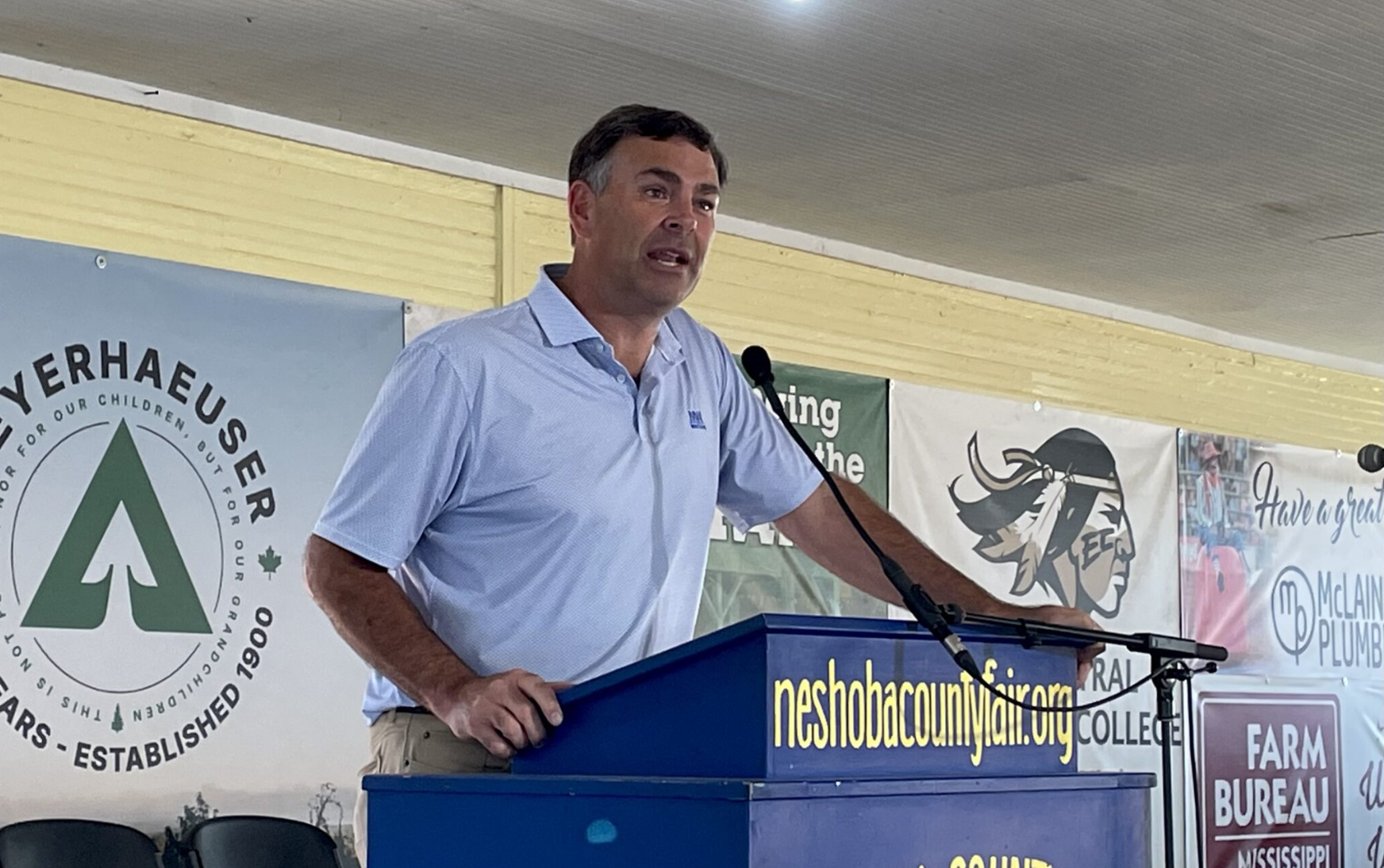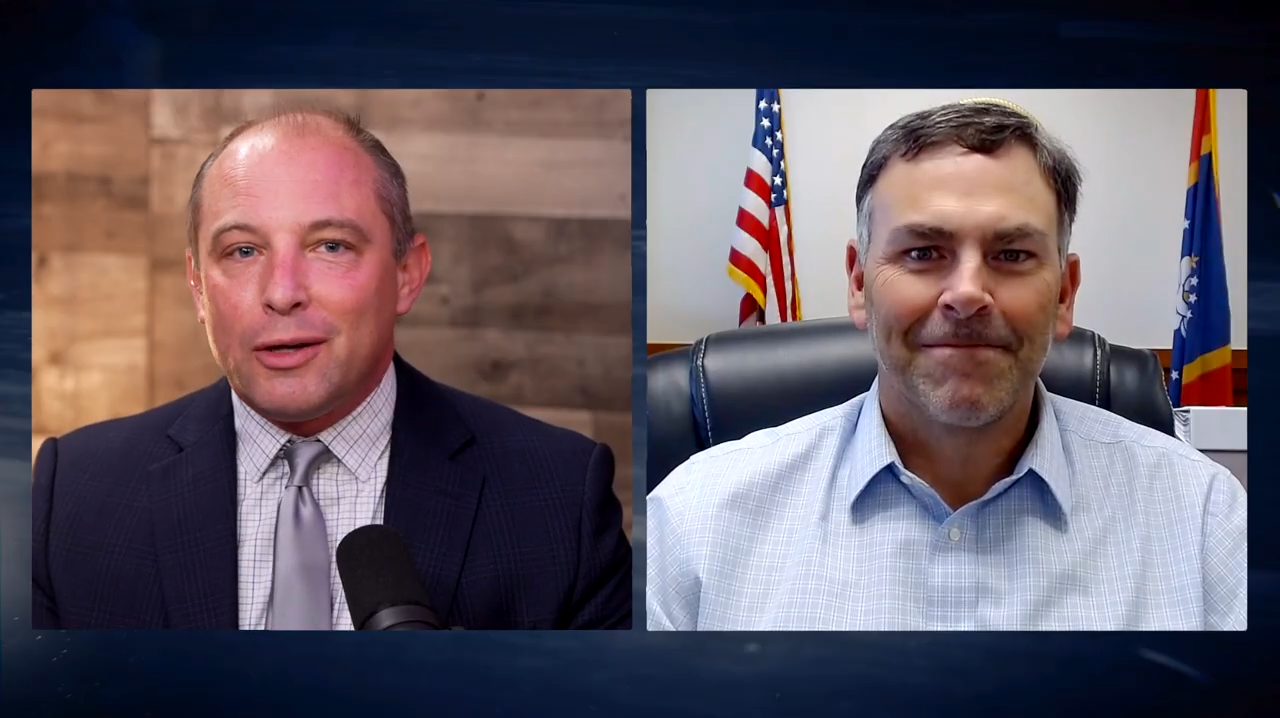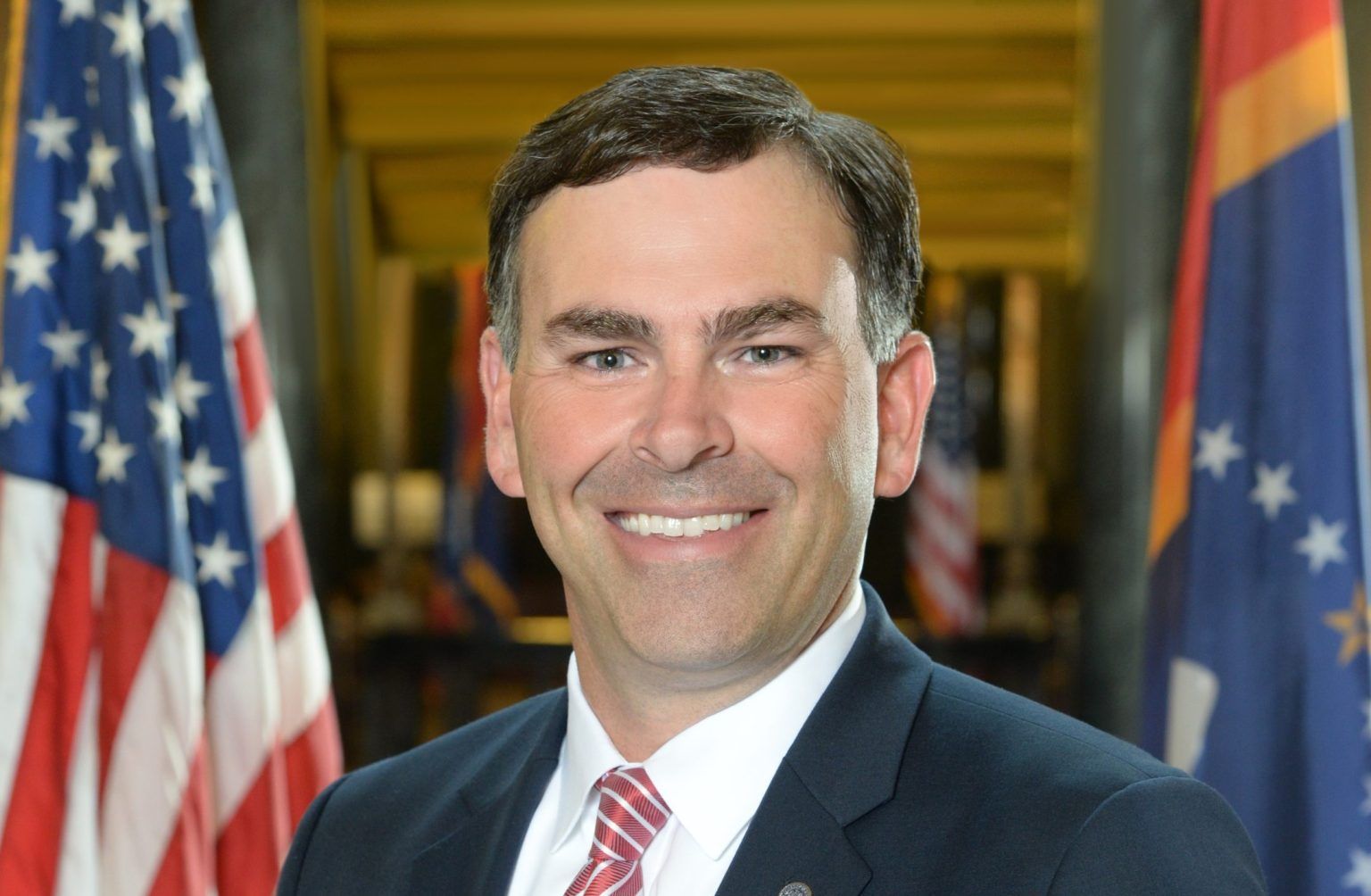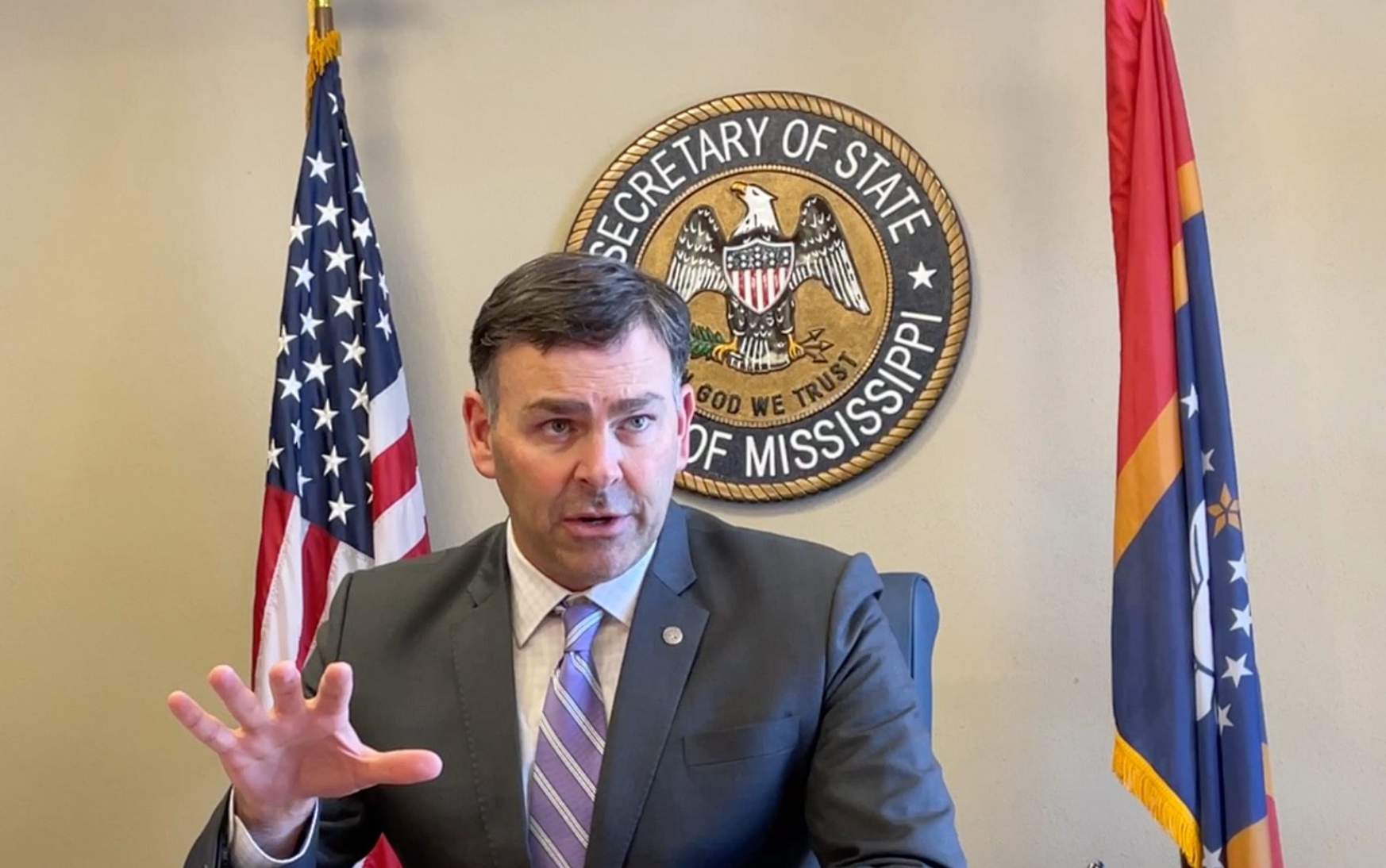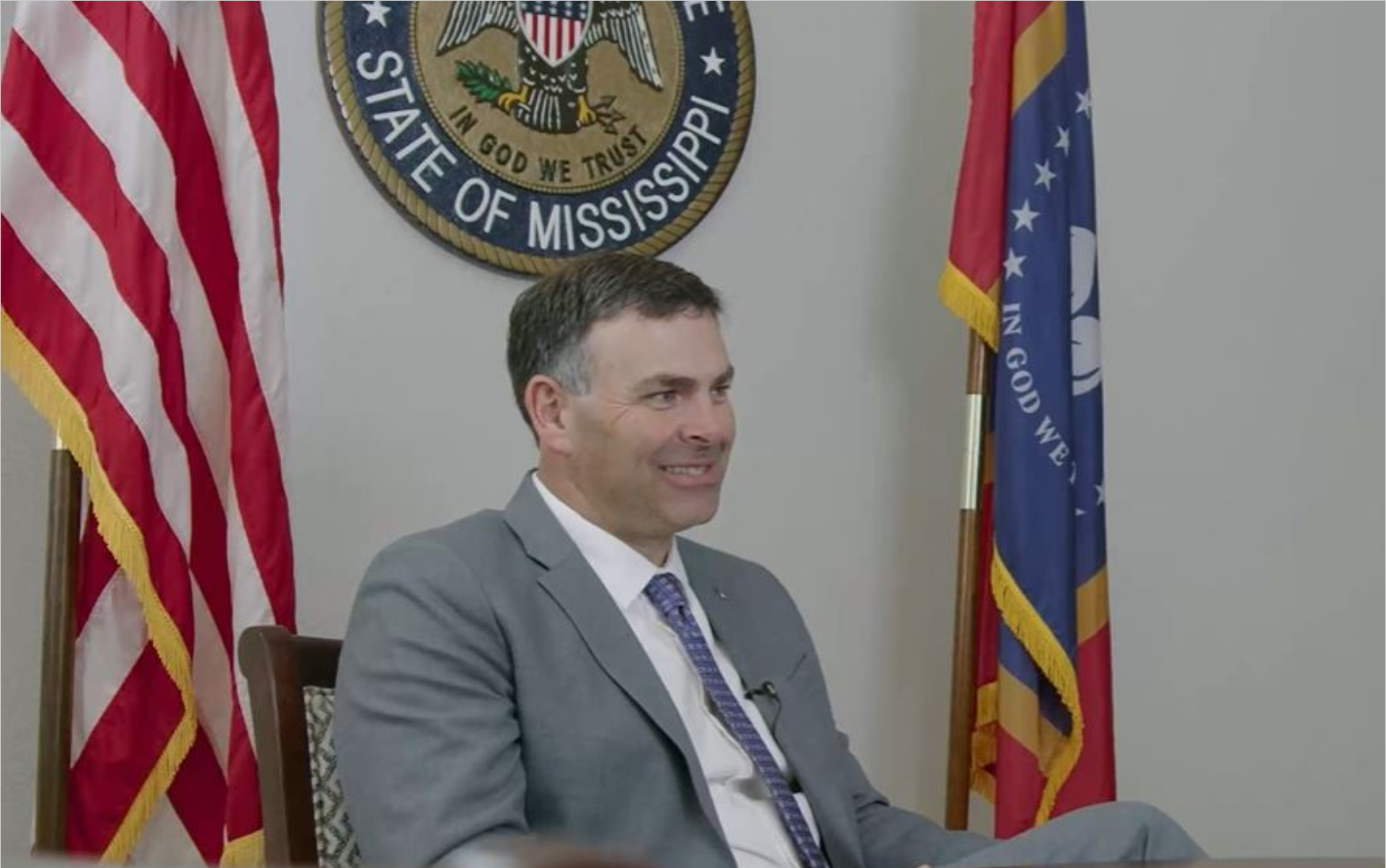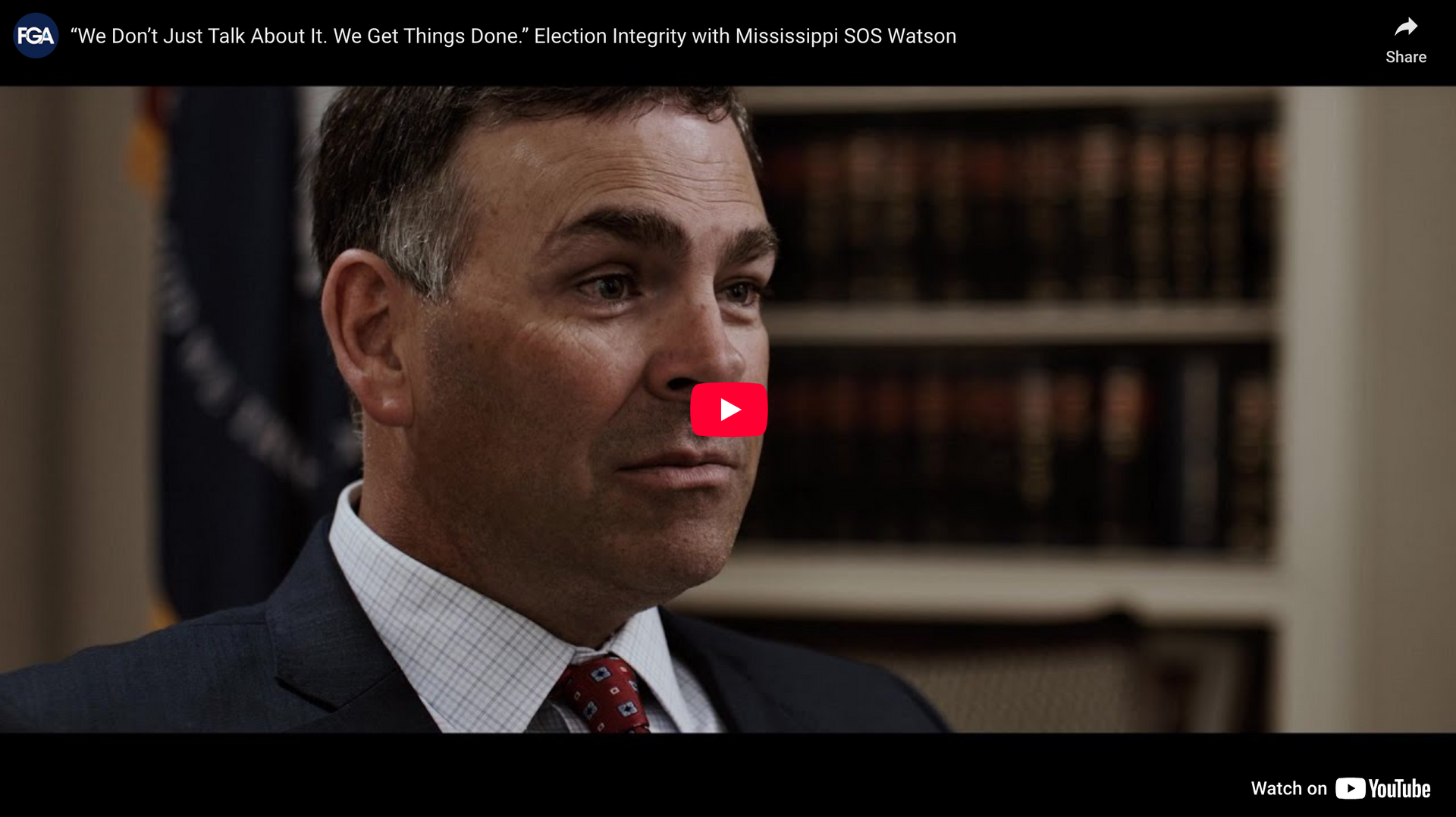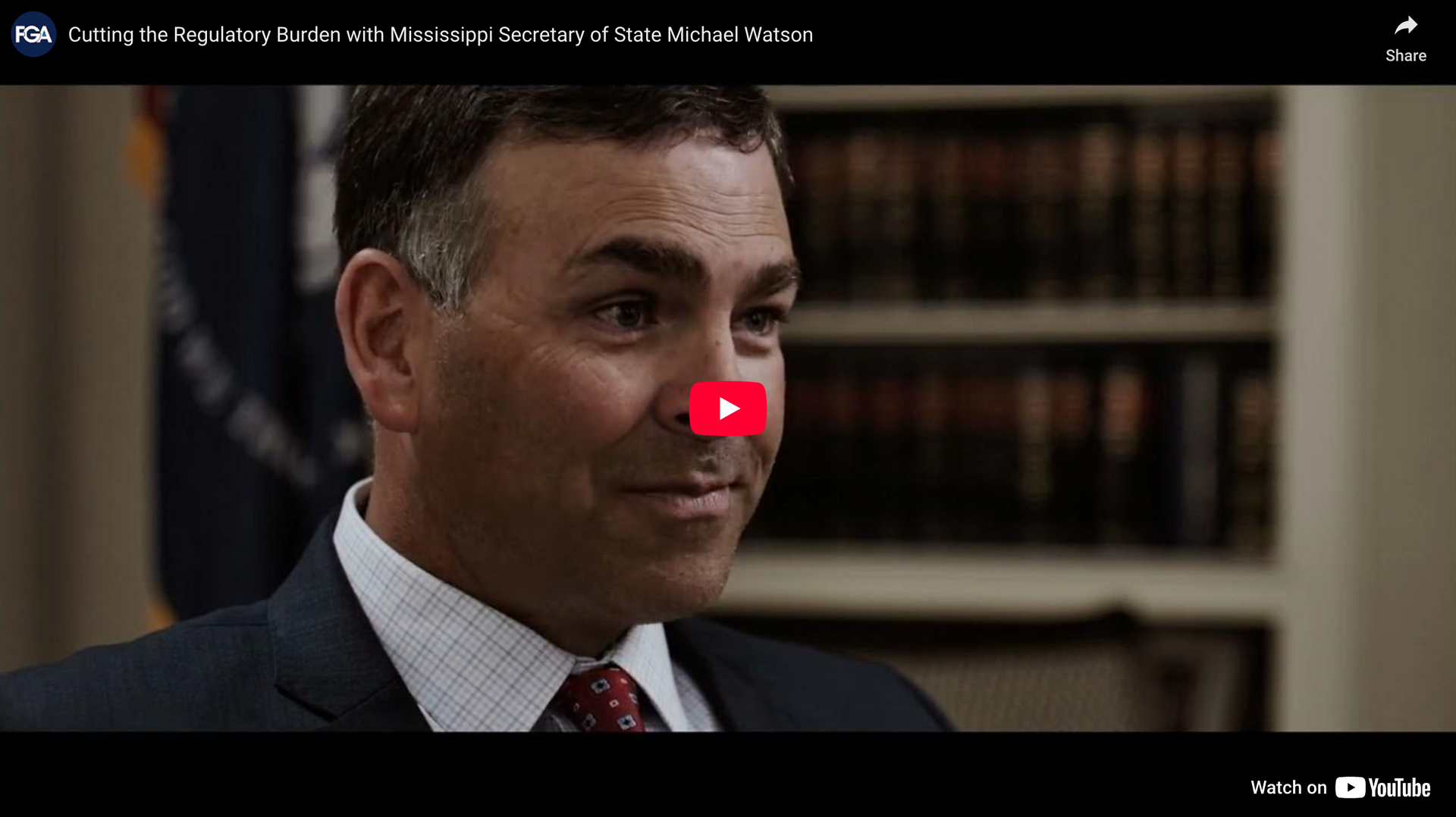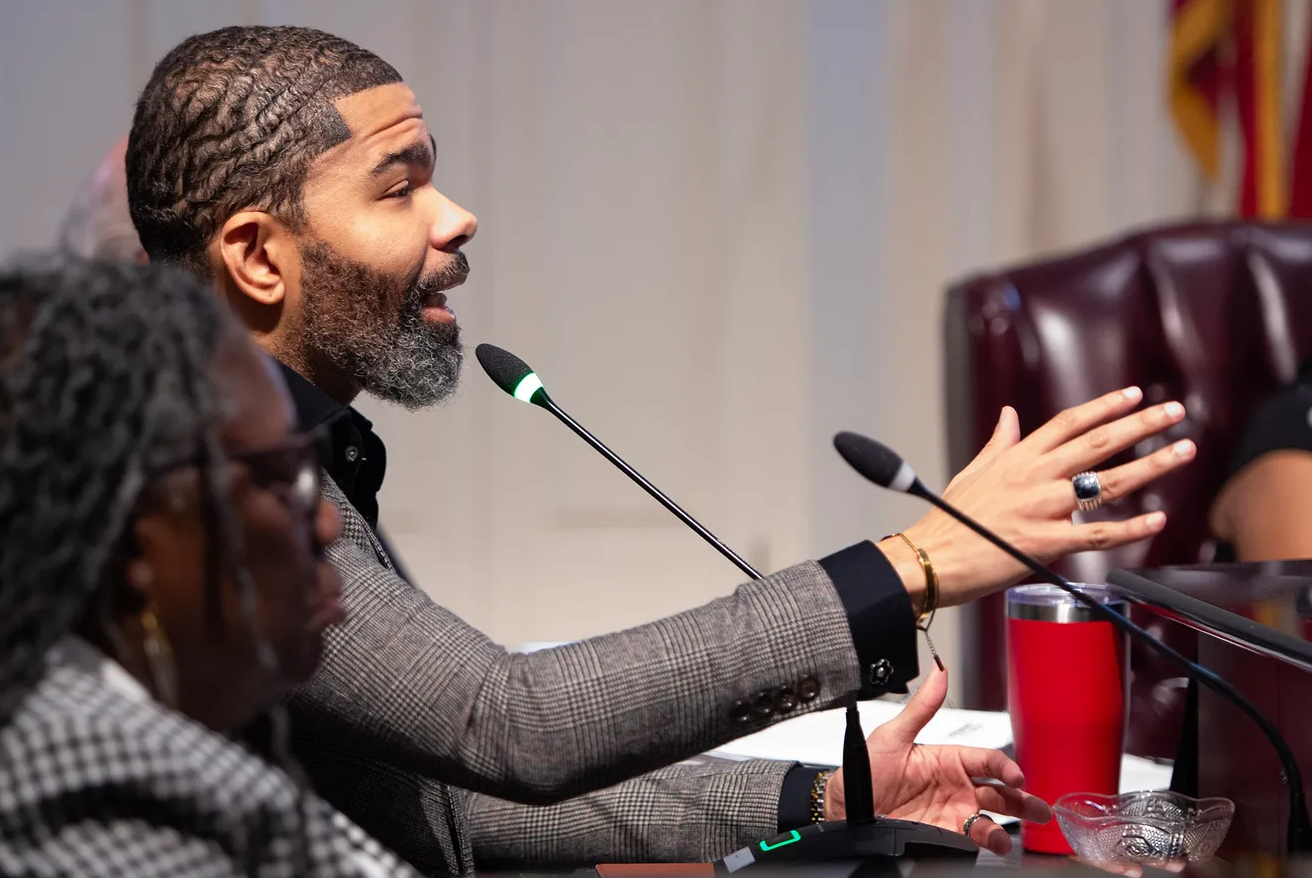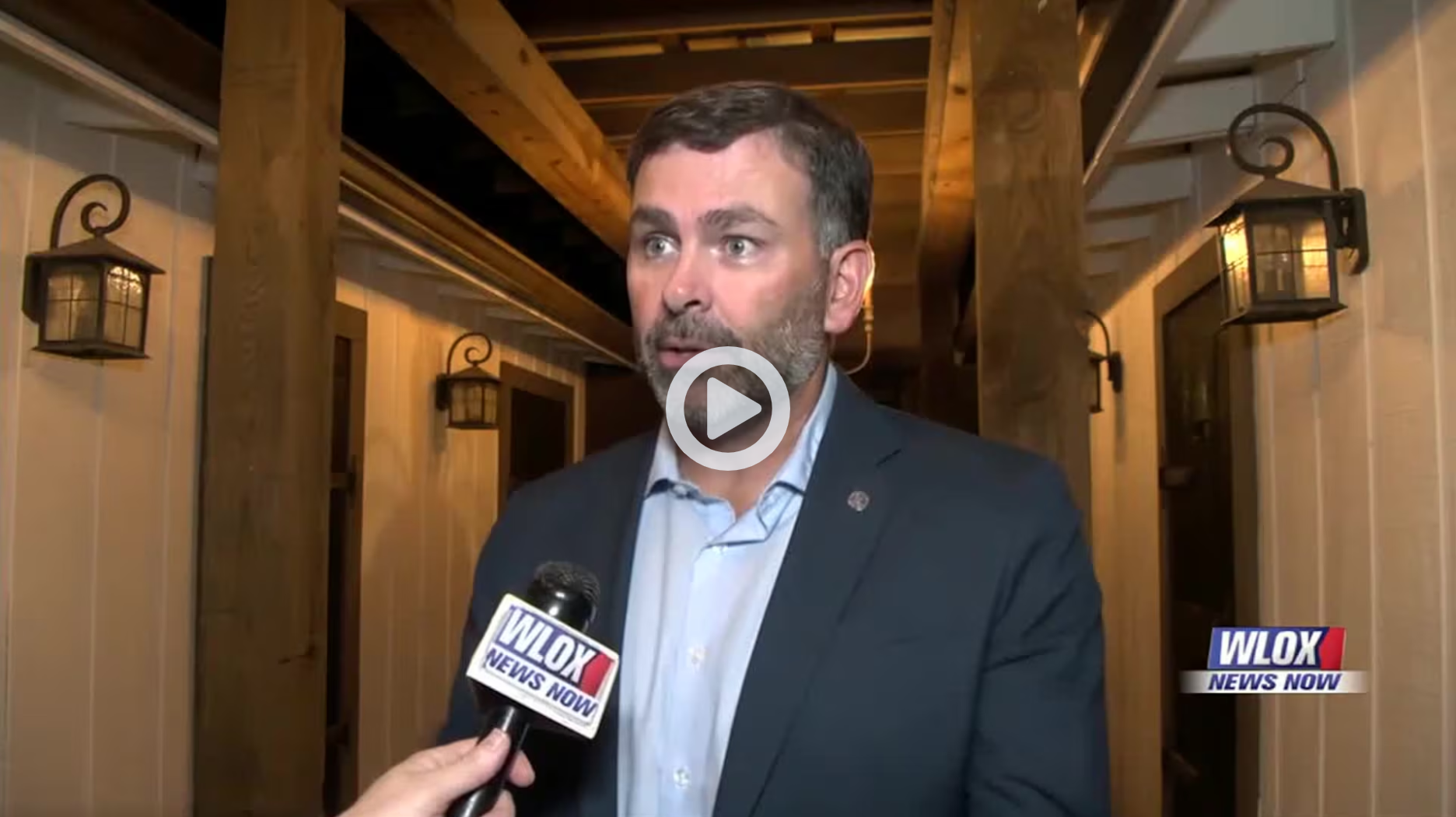MS campaign finance enforcement lacks 'teeth,' hindering accountability
(The Clarion-Ledger)–Even if the state wanted to bring charges against federally indicted-Jackson Mayor Chokwe Antar Lumumba for failing to submit several campaign finance reports, it likely wouldn’t due to Mississippi’s confusing campaign finance laws.
The Attorney General's Office, headed by Lynn Fitch, recently told the Clarion Ledger the state’s campaign finance enforcement laws are confusing, difficult to understand and ultimately difficult to enforce because there are several state agencies involved before the AG can see a case. If that even happens, the punitive measures are minor at best, AG Chief of Staff Michelle Williams said.
"The current system for assessing penalties for failing to timely file reports is broken,” Williams said. “It requires work by three agencies — possibly four for a municipal election — and the Attorney General’s Office is in every instance the last step, requiring notification by another agency to trigger our part. In addition, the misdemeanor prosecution and $500 in civil penalties are too light to deter bad behavior. And the many grace periods allowed for curing a delinquent report can push action against a tardy candidate until after the election. General Fitch is hopeful that this year the Legislature will take up the campaign finance reform package she has put forward for the past two years to close the gaping holes in the system, streamline enforcement of its provisions, and improve transparency."
While Mississippi's campaign finance laws spell out punishments and penalties for office-holders or candidates who don't file annual campaign finance reports, the laws do not state what official or agency is in charge of holding politicians accountable for failure to file. It begs the question: how are campaign finance laws supposed to be enforced in Mississippi if no one is monitoring to ensure the laws are followed? It's like having laws, but no police force.
For Lumumba, the mayor hadn't filed a report since 2021 until the end of January when he submitted reports for 2022, 2023 and 2024 ahead of qualifying for his reelection bid for 2025. For those who hold public office, campaign finance reports are required to be filed annually.
The fact that Lumumba hadn't filed a report in three years is a clear violation of state law, but yet he was not investigated, penalized or prosecuted for those missed reports. Moreover, Lumumba's missed reports were seemingly not an issue or even known to the wider public until he was federally indicted on bribery charges in November. Lumumba is accused of accepting $50,000 in bribes disguised as "campaign contributions" from undercover FBI agents.
Since then, Lumumba has refused to answer any questions about his campaign finances or why he missed submitting the annual reports, saying only that it is related to his indictment "and so I will not speak to it."
According to Mississippi law, two potential routes for prosecution for those who have committed campaign finance violations are through a state district attorney’s office or through the Mississippi Ethics Commission, which then notifies the Mississippi Attorney General's Office. Both are long, winding processes that could potentially take months — an issue the Attorney General's Office has said needs to be corrected.
In Lumumba’s case, the District Attorney that could potentially prosecute him for campaign finance violations is Hinds County District Attorney Jody Owens — the same man who was indicted along with Lumumba and is accused of helping to facilitate bribes to the mayor and two other members of the Jackson City Council. This would be a clear conflict-of-interest for Owens. His office has also not indicated it is moving in that direction.
Jackson, Mississippi Secretary of State spar over who's in-charge of enforcement
In a recent statement to the Clarion Ledger, Mississippi Secretary of State Michael Watson said his office has “limited authority to impose civil penalties (fines) for failing to file reports,” because the secretary of state's offices' oversight “only extends to state district and statewide candidates and PACs supporting those candidates.”
“We cannot impose a fine on a county or municipal candidate,” Watson said. “Actions which can be taken regarding municipal candidates, such as withholding payment or charging with a misdemeanor, can only be made at the city level or by the county prosecutor, respectively. Our office does not have enforcement authority for municipal candidates, but those that do failed to act.”
Watson is correct that one penalty for office-holders is to withhold their salary, but the law does not spell out who would be in charge of doing that. It’s unclear if that is a power of the Jackson City Council, which controls the city’s finances, or if that would be another city department. In any case, all city department directors report to Lumumba.
After receiving Watson's statement, the Clarion Ledger asked Jackson's Municipal Clerk Angela Harris why Lumumba's missed campaign finance reports for the past three years were never reported to the secretary of state. Harris' municipal clerk office is where all campaign finance reports are submitted in Jackson.
Jackson's City Attorney Drew Martin responded in an email that there was no law that requires Harris to report candidates who do not submit their campaign finances, but only that a municipal clerk "forwards copies of all reports it receives to the Secretary of State." Elizabeth Johnson, the communications director for the secretary of state, confirmed that Harris had previously sent in other candidates' campaign finance reports that were submitted.
"There is no statute or rule which directs or authorizes the municipal clerk to maintain a list of candidates who do not file campaign finance forms, nor is there any statute or rule which directs or authorizes the municipal clerk to report candidates who do not file reports — not to the Secretary of State nor to anyone else," Martin said.
Will Mississippi's lawmakers finally address the gaps in campaign finance laws?
For the past two years, both Watson and Fitch have urged lawmakers to pass campaign finance reforms and to add “teeth” to campaign election violation enforcement. In 2024, bills filed to address those concerns died by legislative deadlines.
It should be noted that every lawmaker within the Mississippi Legislature — since they are elected officials — is required by law to file annual campaign finance reports. So essentially, campaign finance reform bills are asking lawmakers to police themselves.
That being said, this year several reform bills were filed and are being worked through the legislative process. Whether they make it through and become law is still yet to be seen as lawmakers are still working their way through the 2025 session.
Both the House and Senate have moved forward legislation to address campaign finances and elections in general.
Original Story
